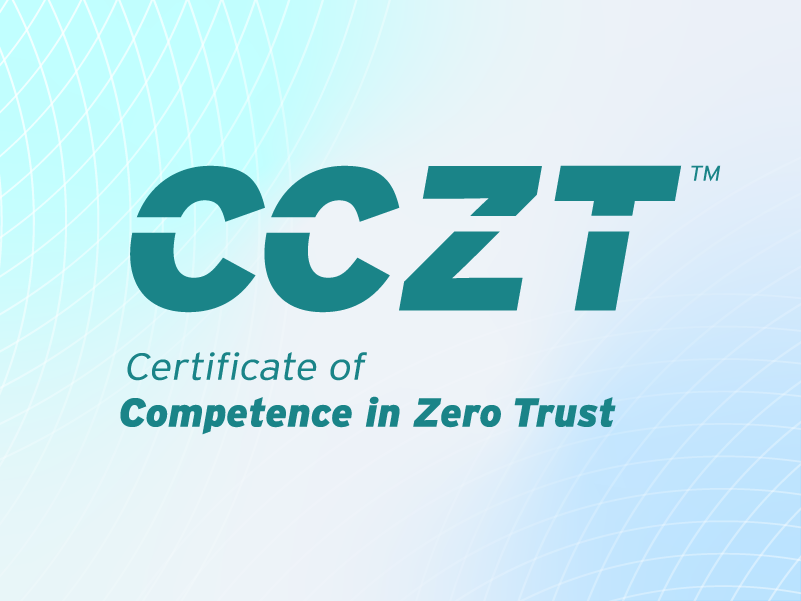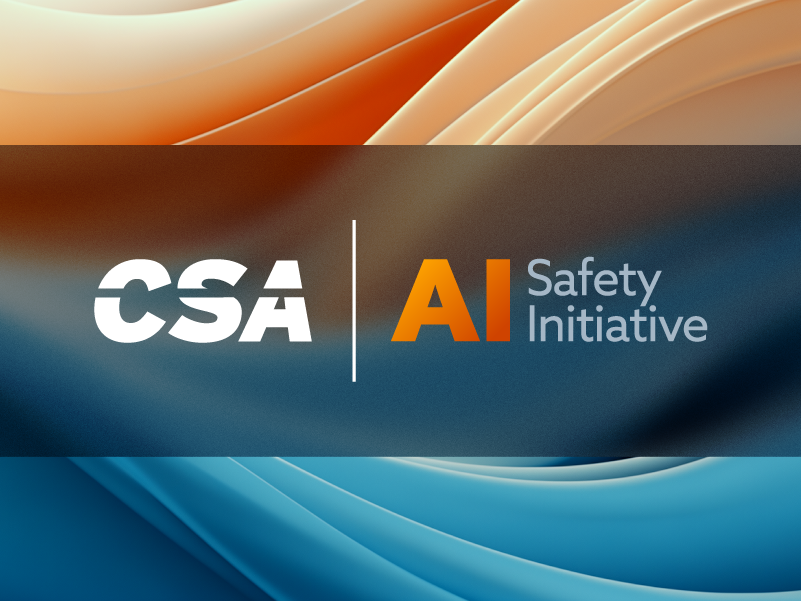Securing the Agentic AI Control Plane: Announcing the MCP Security Resource Center
Published 08/20/2025
Introducing CSA’s MCP Security Resource Center — the first open industry hub for securing the Model Context Protocol and the broader agentic AI control plane.
How fast can a technology standard be adopted?
The Model Context Protocol (MCP) gives us the answer. Its core specification and reference implementation came together in just over a week and were released publicly only a few months later. Within eight months there were more than 70 public MCP clients — including virtually every major AI coding application and service — and over 16,000 servers visible in the wild, with many more running inside organizations.
Adoption that once took years now happens in quarters.
Why MCP matters
MCP is a simple but foundational idea: a common protocol that allows AI models to connect to tools, data sources, and functions in a structured way. Much like CGI-BIN enabled the early web by letting websites call external programs, MCP enables AI to interact with the outside world.
But there’s a crucial difference: when traditional software calls a tool, it must be told exactly what to do, in precise detail. An AI agent, by contrast, can be given broad instructions — “summarize this report and send an email to the right people” — and then use MCP to break that down into the specific tool calls required. This ability to translate intent into action makes MCP one of the foundational building blocks of the agentic AI era.
This is the new reality: when AI accelerates both development and adoption, security must keep pace. MCP is the first clear example of the agentic AI control plane — the infrastructure that governs how AI systems connect to tools, data, and each other. Securing it is no longer optional.
Democratization and risk
MCP lowers the barrier to integration dramatically. Anyone can build and run an MCP server — sometimes without realizing they have stepped into IT territory. With the help of AI, we have built multiple MCP servers and desktop extensions ourselves using nothing more than prompts.
This accessibility creates important considerations. Many AI tools inherit OAuth and browser sessions, which means agents can act as users with full credentials, MFA and all. MCP servers can be deployed locally or remotely, operating beyond traditional IT boundaries. And, much like the early days of cloud, employees creating or using these servers are often simply trying to get their work done more effectively — even if that introduces new security and governance questions.
The very same accessibility is what makes MCP so powerful. Just as spreadsheets democratized data modeling, MCP democratizes AI-driven workflows. Non-experts can now connect AI to email, project management, or business systems in minutes.
This is not only about efficiency. It is about enabling entirely new categories of work: AI-driven orchestration and automation across every part of an organization. Adoption is inevitable because the value is too significant to ignore.
CSA’s role
At the Cloud Security Alliance, we recognize both sides of the equation. For some organizations, rapid MCP adoption raises regulatory and operational challenges. For others, it unlocks new opportunities to innovate and differentiate. Both perspectives are valid — and both may exist within the same enterprise.
That is why CSA’s role is not to prescribe a single model, but to help organizations carefully assess their risks and opportunities, determine the level of democratization that fits their industry and culture, and implement the guardrails to make MCP adoption safe and sustainable.
MCP Security Resource Center
Today, CSA is announcing the MCP Security Resource Center — the first open hub for frameworks, tools, and community intelligence to make MCP adoption safe. This is not theory — it is living code and practical frameworks designed to support the community today.
MCP Security Resources
|
Category |
Resources |
Description |
|
Standards & Guidance |
Top 10 MCP Server Security Risks Top 10 MCP Client Security Risks MCP Security Baseline (v0.1 – coming soon) |
Frameworks and checklists for identifying and mitigating key MCP risks, mapped to CSA CCM/CAIQ/AICM. |
|
Open Tools |
Discovery, scanning, secure-by-default templates, and operational guardrails for MCP servers. |
|
|
Community Intelligence |
Public audit results and vulnerability advisories for the MCP ecosystem. |
Explore the live resources at modelcontextprotocol-security.io and on GitHub.
Beyond MCP
MCP is only the beginning. Other protocols are already emerging: Google’s A2A, IBM’s ACP, and the decentralized ANP. Each is exploring a different path for how agents discover, communicate, and collaborate. Together they form the broader agentic AI control plane — the foundation on which the agentic web will be built.
Beyond protocols, identity and payments are already on the horizon. As agents begin to authenticate and transact on behalf of their users, the need for trustworthy, secure infrastructure will only grow. CSA is preparing for these next stages, but our focus today is MCP — because it is here, it is growing, and it requires attention now.
Call to Action
MCP demonstrates what AI speed really looks like: a protocol assembled in days, adopted in months, and deployed across tens of thousands of servers worldwide. The question now is not if — it is are you ready to secure IT created at AI speed?
The Cloud Security Alliance invites the community to:
- Check out the MCP Security Resources listed above
- Contribute to the open source code
- Join CSA’s working groups and research efforts
- Sign up here to contribute to the MCP Security Resource Center
Related Resources



Unlock Cloud Security Insights
Subscribe to our newsletter for the latest expert trends and updates
Related Articles:
Resolving The Coordination Gap in Modern Cloud Security
Published: 02/03/2026
The Agentic Trust Framework: Zero Trust Governance for AI Agents
Published: 02/02/2026
Why SaaS and AI Security Will Look Very Different in 2026
Published: 01/29/2026



.jpeg)

.jpeg)
.jpeg)